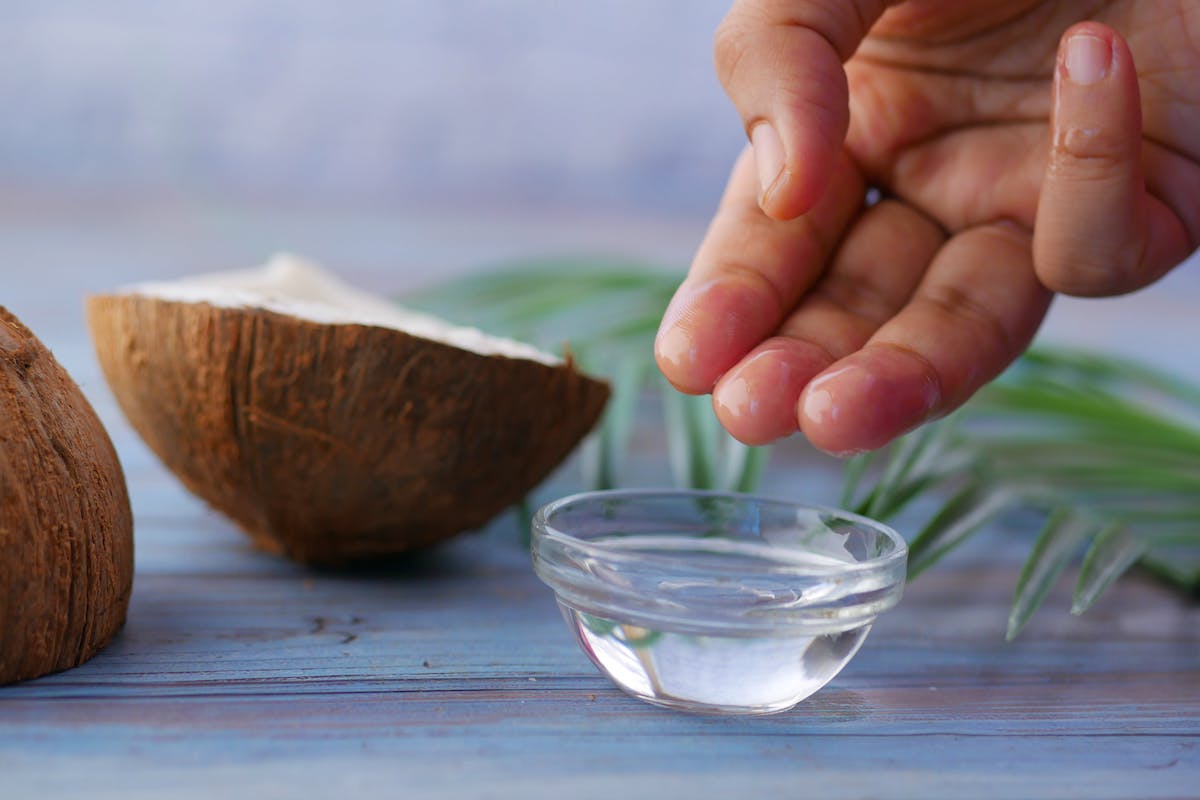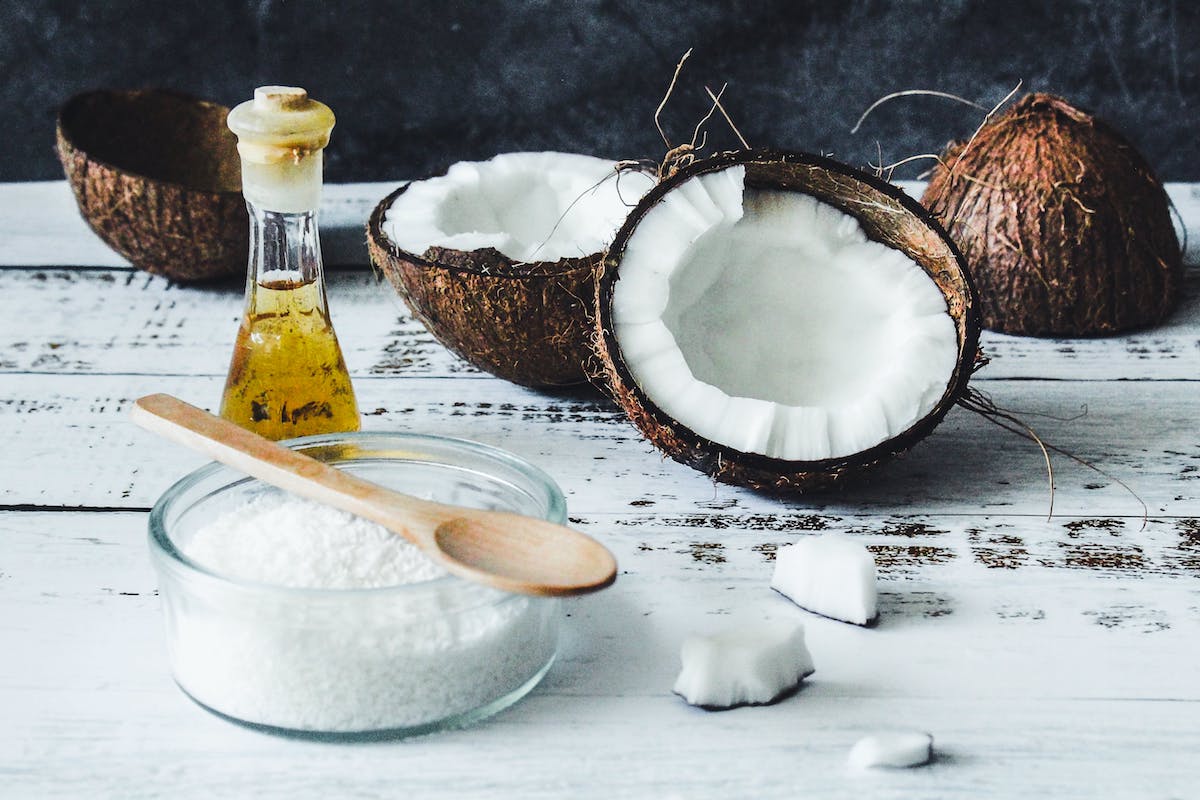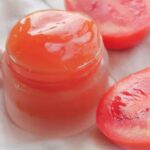
The use of coconut oil for skin health is a popular topic, with many enthusiasts touting its benefits for conditions like acne and eczema. But what’s the truth behind these claims? Let’s explore the potential advantages and disadvantages of using coconut oil on your skin.
What is Coconut Oil?
Coconut oil is derived from coconuts, as the name suggests. It is a saturated fat that has a bad reputation nutritionally, but it has gained popularity for its potential health and beauty benefits. At room temperature, it is solid, but it melts or softens with heat.
Coconut oil is rich in fatty acids, mainly lauric acid, which is believed to contribute to its potential skin benefits.
Is Coconut Oil Good for Your Skin?
While more research is needed, there is some evidence to suggest that coconut oil may indeed be beneficial for skin health. It has been found to possess moisturizing properties, which can be especially useful during the dry winter months. Additionally, there are indications that it may help with inflammatory skin conditions and even acne.

Moisturizing Dry Skin
Coconut oil has been found to effectively moisturize the skin, with one study showing a significant increase in skin hydration after just a few weeks of use. This can be particularly helpful for those dealing with dry, flaky skin during the colder months.

Inflammation
Dehydration can disrupt the skin’s protective barrier, leading to inflammation and irritation. Studies on animals have indicated that topical application of coconut oil may possess anti-inflammatory properties, which could help soothe inflamed skin associated with conditions like psoriasis and eczema.
Acne
Acne is a common skin concern, and while it is often associated with teenagers, adults can struggle with it too. The anti-inflammatory properties of coconut oil may also extend to acne treatment. Lauric acid, abundant in coconut oil, has been suggested to have acne-fighting capabilities. However, it’s important to note that everyone’s skin is unique, and some individuals may find that coconut oil aggravates their acne.

Applying Coconut Oil to the Skin
You can find coconut oil as an ingredient in many skincare products, such as moisturizers. However, you can also apply pure coconut oil directly to your skin.
When choosing coconut oil for direct application, opt for virgin or extra-virgin coconut oil. Apply a small amount to slightly damp skin after showering, focusing on areas that tend to be drier. If your skin tolerates it well, you can increase the amount and frequency of application.
Always perform a patch test first to ensure your skin doesn’t react negatively to the oil. Discontinue use and consult a dermatologist if you experience any irritation, redness, or rash.
Conclusion
While more research is needed to fully understand the benefits of coconut oil for skin care, initial findings suggest it may be a valuable addition to your routine. Coconut oil can help moisturize dry skin, reduce inflammation, and possibly improve acne. You can find it in skincare products or apply it directly to your skin after a patch test. Remember to choose virgin or extra-virgin coconut oil for the best results. If you experience any adverse reactions, consult a dermatologist for personalized advice and alternative product recommendations.
7 Skin Care Mistakes That Are Making Your Acne Worse and Damaging Your Skin
 Acne Worse and Damaging Your Skin’>
Acne Worse and Damaging Your Skin’>Some of the mistakes below are the culprits behind prolonged acne issues…





































